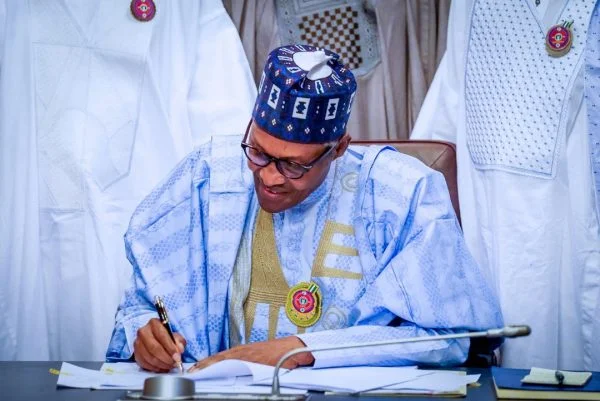On January 13, 2020, President Muhammadu Buhari signed the Finance Bill 2020 into law, increasing Nigeria’s Value Added Tax (VAT) from 5% to 7.5%.
The National Assembly passed the bill in December 2019, and Buhari assented within a month, paving the way for implementation in Q1 2020.
Goals of the Finance Bill
Buhari introduced the bill alongside the 2020 Appropriation Bill on October 8, 2019, outlining five key objectives:
- Promote fair taxation by reducing regressive policies
- Align tax laws with global standards
- Offer tax incentives for infrastructure and capital market investments
- Support small and medium businesses to ease doing business
- Increase government revenue for key projects
The new 7.5% VAT rate underpins the 2020 budget’s revenue projections.
VAT Increase Details
The Federal Executive Council approved the 50% VAT hike on September 11, 2019, raising the rate from 5% to 7.5%. Finance Minister Zainab Ahmed confirmed the change will boost funding for health, education, and infrastructure, as announced by Buhari’s Special Adviser, Femi Adesina.
Key Tax Reforms
The Finance Bill amends several tax laws, including the Petroleum Profit Tax Act, Customs and Excise Tariff Act, Company Income Tax Act, Personal Income Tax Act, Value Added Tax Act, Stamp Duties Act, and Capital Gains Tax Act. Notable changes include:
- Nigerians no longer need a Tax Identification Number to open or maintain bank accounts.
- Stamp duty on online transactions now applies only to amounts above N10,000, up from N1,000.
Past VAT Resistance
In 2007, the government proposed raising VAT to 10%, but public opposition halted the plan. The 2020 increase to 7.5% faced less resistance, reflecting broader acceptance of the need for revenue to support national development.
Economic Impact and Outlook
The VAT hike aims to fund critical projects, but it may raise costs for consumers and businesses. The government expects the reforms to attract investment, support small businesses, and align Nigeria’s tax system with global practices, fostering long-term economic growth.






